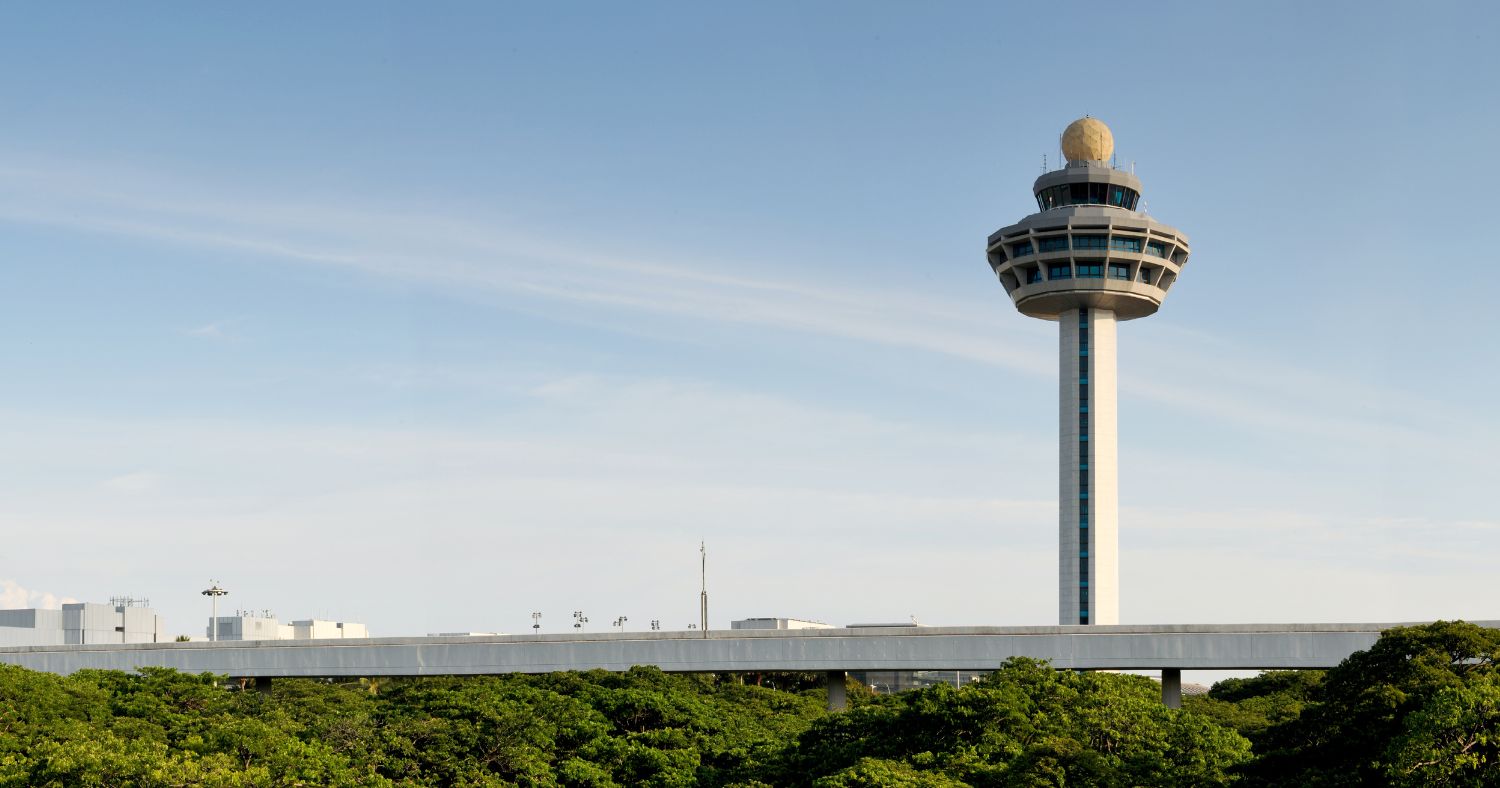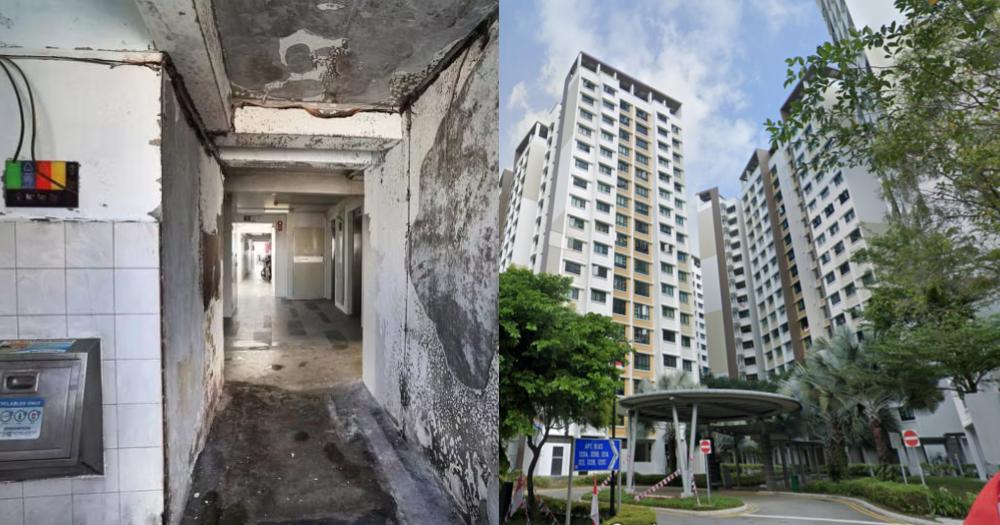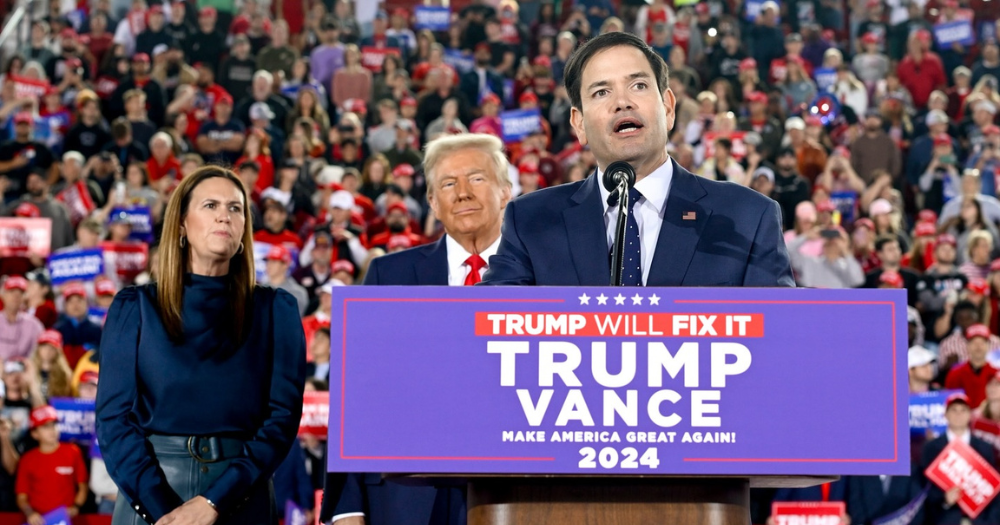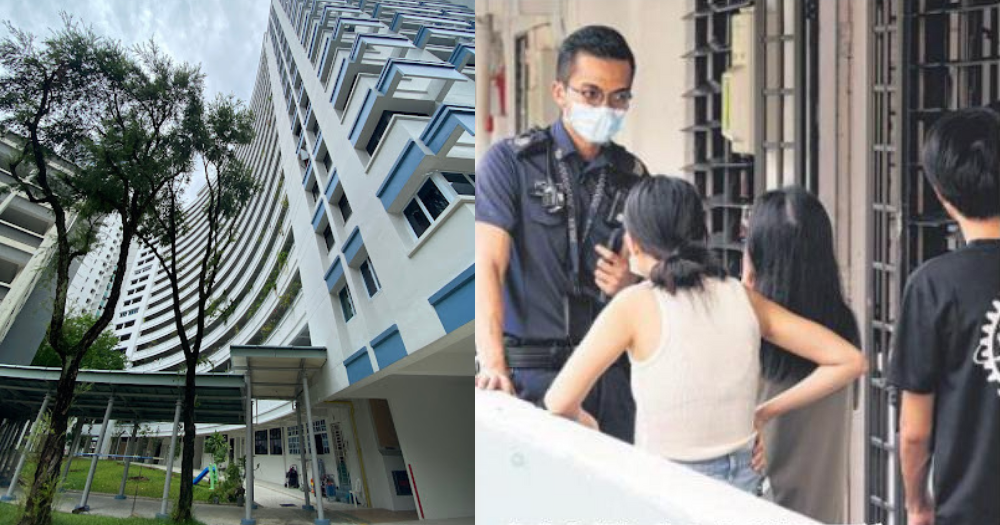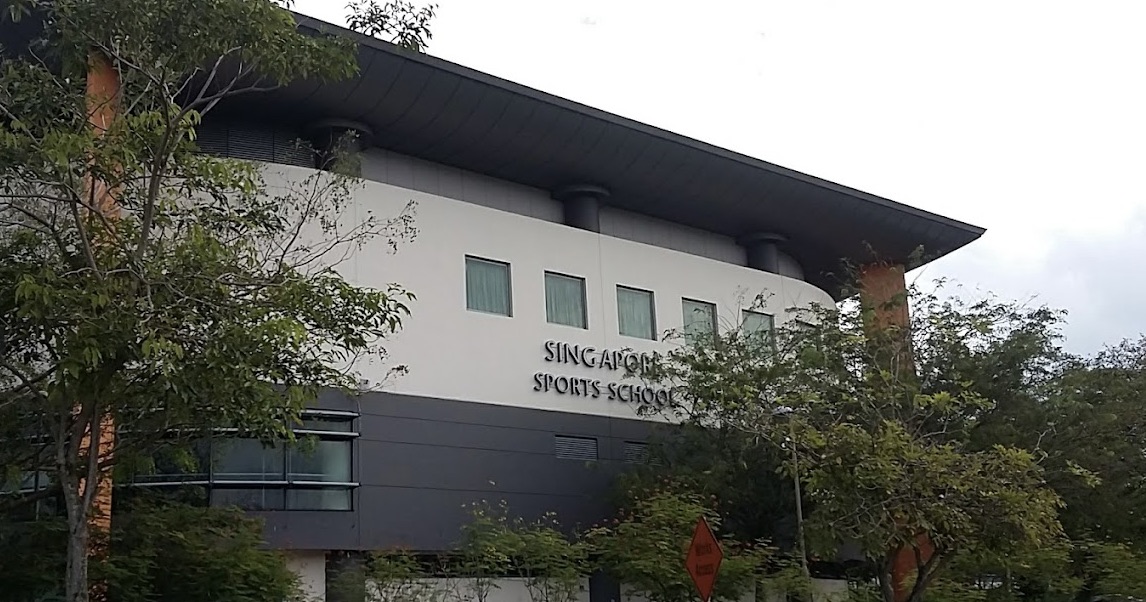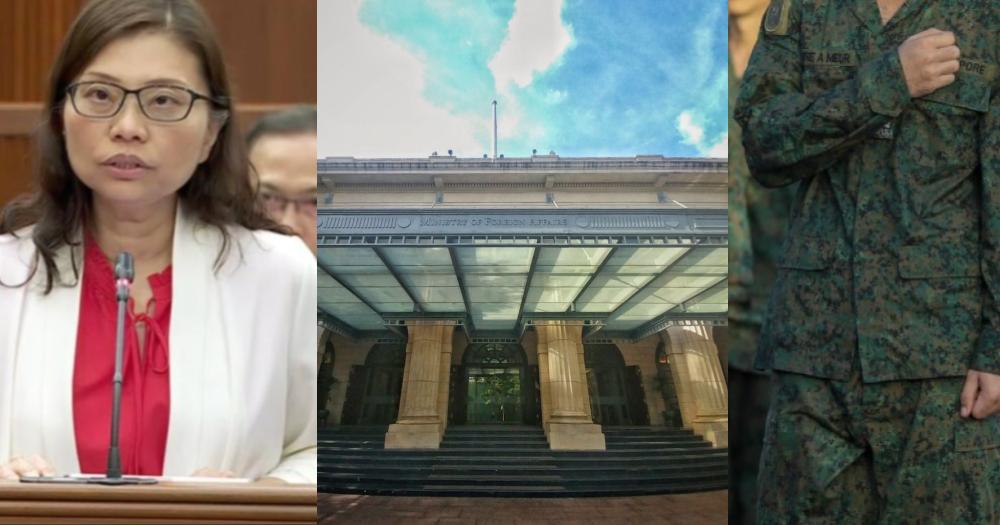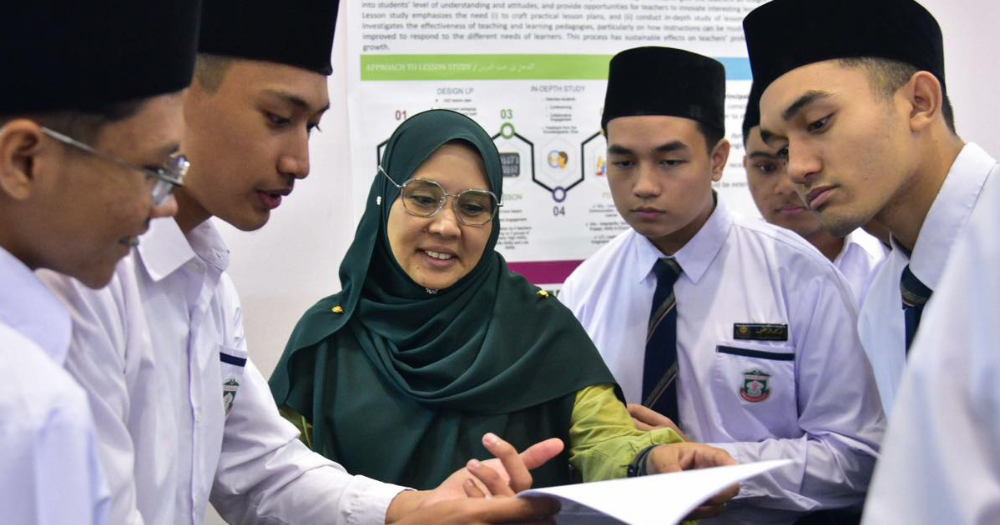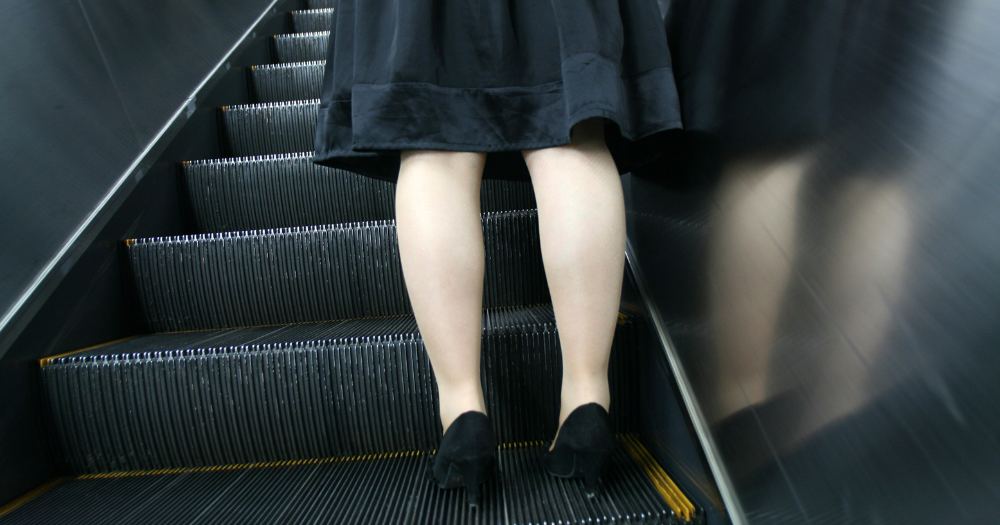ADVERTISEMENT

The 20th Joint Council for Bilateral Cooperation (JCBC) was held on Nov. 11, 2024 here in Singapore.
Co-chaired by Deputy Prime Minister Gan Kim Yong and China's Vice Premier Ding Xuexiang, the annual meeting might have flown under your radar if it wasn't for this cute tree-planting photocall on Nov. 10:
So what exactly is the JCBC?
In almost every official government statement, the JCBC is described as the "apex bilateral platform that reviews and sets the strategic direction for cooperation between Singapore and China".
The JCBC provides a platform for collaboration between Singapore and China. Over the years, there have been many MOUs and agreements that came out from the JCBC — this year alone, there were 25.
Through the years, the common thread seems to be a constant quest for new opportunities for Singaporeans, in relation to China.
In 2019, Deputy Prime Minister Heng Swee Keat called the JCBC an "opportunity to review the existing areas of cooperation and launch new areas of collaboration".
This year, education minister Chan Chun Sing called it a "constant search to better appreciate both China's challenges and opportunities, so that we can create new and relevant propositions for the times".
When did it start?
The JCBC was established by then-Prime Minister Goh Chok Tong and then-Premier Wen Jiabao in Nov. 2003, "to provide an overarching framework to oversee the growing areas of bilateral cooperation," according to MFA.
The first JCBC meeting was co-chaired by then-Deputy Prime Minister Lee Hsien Loong and then-Vice Premier Wu Yi, in China in May 2004.
If you're keeping track, that's two decades of meetings.
Singapore and China take turns to host the JCBC every year. And since 2004, with only one exception, it has continued ever since. Even during the Covid-29 pandemic years, the JCBC was conducted virtually.
What's so special about the JCBC?
DPM Heng said in 2019 that Singapore and China attach "great importance to the JCBC, reflected by the high-level representation and the substantive achievements over the years."
On Singapore's side, our co-chair has always been at the DPM level, or higher.
Previous JCBC representatives include Lee Hsien Loong, Wong Kan Seng (DPM), Teo Chee Hean (DPM and Senior Minister), Heng Swee Keat (DPM), Lawrence Wong (DPM), and now, Gan Kim Yong (DPM).
On China's side, the co-chair of the JCBC has been the senior Vice Premier of the State Council. It's a little complicated, but he can be thought of as the most senior or powerful person in the Chinese government, after the President and the Premier.
All these are to say that the JCBC is important in the eyes of both the Singapore and Chinese governments.
But keep in mind — not every country in the world has such a platform with China.
Even a superpower like the U.S. used to have something called the U.S.-China Strategic and Economic Dialogue, established in 2009 but suspended in 2017 by President Donald Trump.
It took until September 2023 for two working groups on economic and financial matters to be set up.
Does the JCBC matter to you and I?
Well, while the MOUs and agreements are negotiated at the official level, the trickle-down effects can be felt by Singaporeans.
Do you like to travel or invest in China?
Love travelling to China? The 30-day visa exemption for Singapore citizens going to China was announced at the 19th JCBC in 2023. Also announced that year was the pilot programme to allow tourists from both countries to make payments using China's new digital currency, the e-CNY.
Keen to invest or do business in China? Thanks to an upgrade to the China-Singapore Free Trade Agreement (CSFTA) last year, Singapore investors will have greater market access to 20 services sectors, as well as more liberal, transparent rules that level the playing field for those looking to do business in China.
Even if these do not interest you, there are reasons that you should pay attention to the JCBC.
Do you like to eat local produce?
This year, one of the agreements announced was a protocol that will allow Singapore to export locally farmed fish such as red snapper and Asian seabass to China.
The goal isn't just to help local fish farms increase demand for their fish. Accessing bigger markets overseas lets local farms develop economies of scale and bring down their costs of production. In the long run, this could mean cheaper fish for you and I.
That's not all.
Under the JCBC, Singapore and China are collaborating on issues like food security and supply chain resilience — important because China is our second-largest source of fresh fruits and vegetables and fourth-largest source of seafood — and going further to look into things like gene editing and genomics of vegetables, seeds, and fish stocks, which ultimately leads to more high quality and stable local food production for Singaporean consumers.
Something to think about the next time you hear about the JCBC.
Top image of Vice Premier Ding Xuexiang and DPM Gan Kim Yong at the 20th JCBC, courtesy of MDDI
ADVERTISEMENT
ADVERTISEMENT
MORE STORIES










